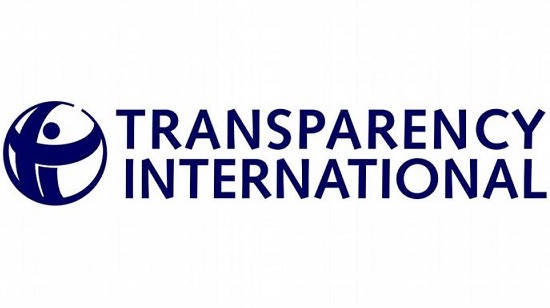Corruption risks still exist - TI’s report findings

The intensive movement of officials between the government and the private sector in Georgia, the new report of Transparency International Georgia released on December 4, explores movement of officials between government and business and the resulting corruption risks.
Revolving door is a relatively new subject in the field of corruption studies, while the report is the first attempt at a complex analysis of the problem in Georgia.
"Davit Bezhuashvili, Gocha Enukidze, and Kakha Okriashvili, wealthy businessmen who were elected to Parliament in 2012 from the United National Movement, left the former ruling party after it was voted out of power. This raises valid questions concerning the reasons why Georgian businessmen engage in politics, reads the report.
The report reads that a number of companies with connections to Georgian officials have obtained important benefits through their deals with the state in recent years.
"These benefits include money received through public procurement, tax exemptions, exclusive licenses and rights, legislation designed to suit the interests of specific companies, and the lenience of law enforcement agencies toward specific companies. Some officials have moved to the market sectors that they used to supervise in their official capacity, the report notes.
According to the report, revolving door is also a problem in the new government. The Ministry of Energy merits particular attention in this respect.
"Energy Minister Kakha Kaladze had direct and indirect ties with several companies operating in the energy sector prior to his appointment to this position, the report reads.
On the basis of these findings, Transparency International Georgia released the recommendations including addressing the gaps in the law and ensure implementation of the existing rules in practice, implement changes in the system of asset declarations, monitor the activities of former public officials for a certain period of time after their resignation, and others.
 Tweet
Tweet  Share
Share